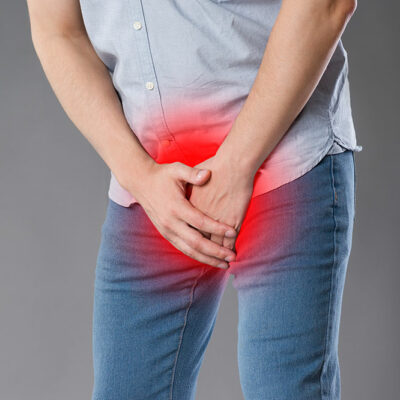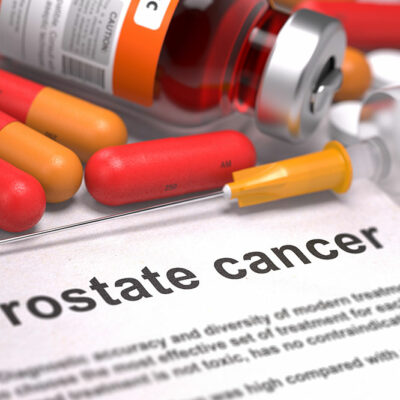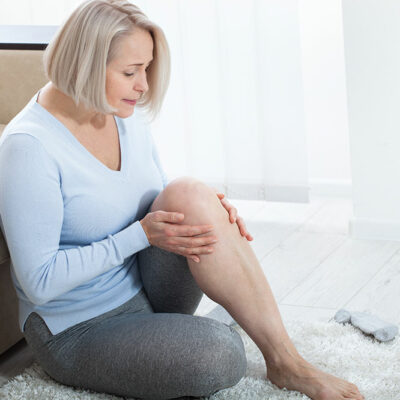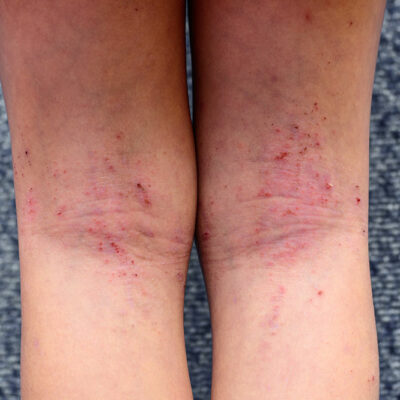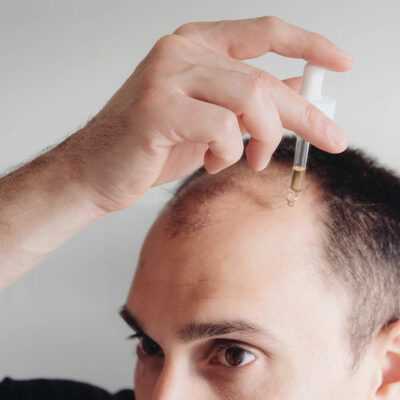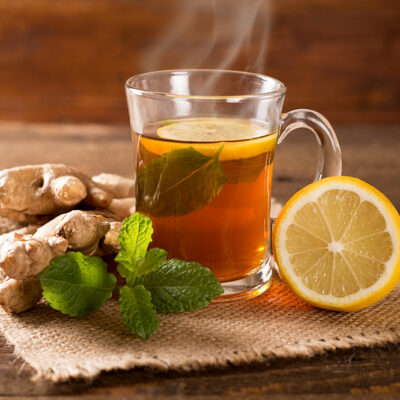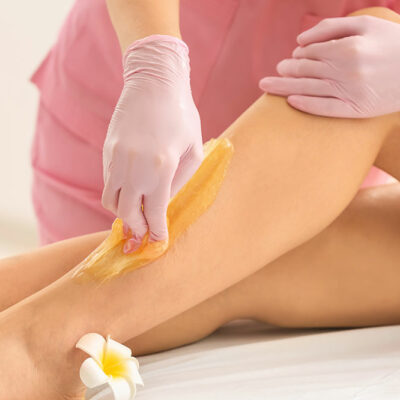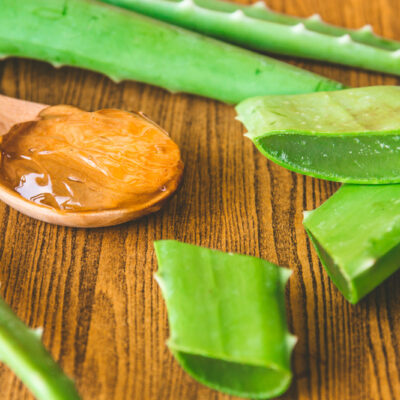
Health
5 Ingredients to Look for in Soaps for Sensitive Skin
Caring for sensitive skin needs a little more effort than for normal skin. Using the right soap is, arguably, more important than anything, as the wrong soap can cause skin irritation and redness. But how do you know the difference between right and wrong soaps for sensitive skin? We say, look at the ingredients. All components in soaps are not suitable for sensitive skin, so look for these ingredients when buying soaps for sensitive skin. 1. Plant oils People with sensitive skin must look for soaps with natural ingredients. Vegetable oil-based soaps are excellent choices as they are made with natural ingredients. The oils help cleanse the skin gently without leaving it dry or itchy, and these soaps penetrate the pores and deliver nutrients deep into the skin. Plus, some oils help fight inflammation. So look for natural soaps containing vegetable oils, cocoa butter, olive oil, aloe vera, jojoba, and avocado. 2. Glycerin Glycerin works wonders for all skin types, including sensitive skin. It does not clog pores, is gentle on the skin, and also moisturizes it. Unlike soaps with artificial fragrances and chemicals, pure glycerine soap will not dry out the skin or leave it irritated and itchy. Pears Transparent Soap Gentle Care and Neutrogena® Transparent Facial Bar are two glycerin soaps you can buy for sensitive skin.
Read More 